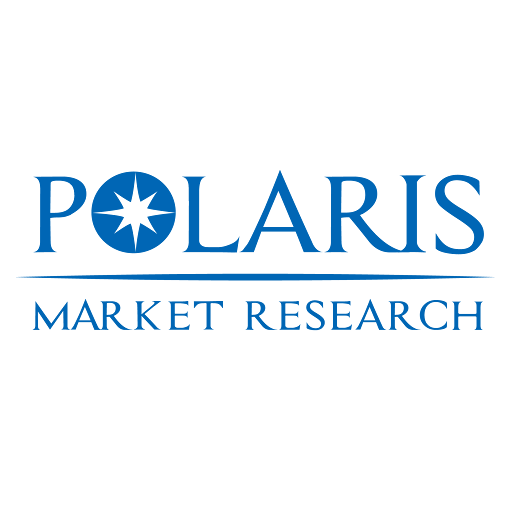The global oat milk market, valued at USD 3.67 billion in 2024, is projected to grow at a robust compound annual growth rate of 14.00% from 2025 to 2034, reflecting a profound shift in consumer preferences toward plant-based, sustainable, and allergen-friendly dairy alternatives. This expansion is being driven by rising health consciousness, increasing lactose intolerance awareness, and growing environmental concerns over the carbon footprint of conventional dairy. The United States leads the market in terms of consumption and innovation, accounting for nearly 40% of global sales in 2024, according to U.S. Department of Agriculture (USDA) data on plant-based food sales. The proliferation of oat milk in mainstream retail and foodservice channels—particularly through partnerships with major coffee chains like Starbucks and Dunkin’—has cemented its position as the preferred non-dairy option in ready-to-drink beverages. Federal dietary guidelines now recognize fortified plant-based milks as nutritionally equivalent to dairy, further legitimizing consumer adoption and enabling inclusion in school nutrition programs and federal food assistance initiatives.
Europe, particularly Germany and Sweden, plays a pivotal role in both production and policy leadership. Sweden, home to oat milk pioneer Oatly, benefits from a long-standing agricultural tradition in oat cultivation and a national focus on sustainable food systems. The Swedish Board of Agriculture reported that over 65% of domestically grown oats are now used for human consumption, including plant-based processing, up from 48% in 2020. Germany, the largest market in the EU for plant-based dairy, has seen a 28% year-over-year increase in oat milk sales between 2022 and 2023, according to Eurostat’s agri-food retail survey. This growth is supported by the Federal Ministry of Food and Agriculture’s “Green Protein Strategy,” which incentivizes crop diversification and domestic processing of legumes and cereals, reducing reliance on imported soy and almond inputs. Additionally, the EU’s Farm to Fork initiative and carbon labeling requirements are pushing retailers like Aldi and Lidl to expand private-label oat milk offerings with verified low environmental impact, accelerating market penetration across Central and Eastern Europe.
Read More @ https://www.polarismarketresearch.com/industry-analysis/oat-milk-market
China, while still in the early stages of adoption, represents a high-potential growth frontier. The Ministry of Agriculture and Rural Affairs (MARA) has included plant-based proteins in its 2023 Agricultural Innovation Roadmap, aiming to reduce the country’s dependence on imported dairy and improve food security. Urban consumers, particularly in Tier 1 cities like Shanghai and Beijing, are increasingly embracing Western-style café culture and health-conscious diets, creating demand for oat-based beverages. However, flavor preferences and texture expectations differ significantly from Western markets, prompting local adaptations such as reduced sweetness and integration with traditional ingredients like red bean and black sesame. Despite these opportunities, regulatory ambiguity around health claims and fortification standards continues to slow commercialization, with the National Health Commission still finalizing labeling guidelines for plant-based “milks.”
Opportunities are emerging in product diversification and functional fortification. Manufacturers are expanding beyond plain and barista blends into flavored, protein-enriched, and fiber-fortified variants tailored to athletic and aging demographics. Oat-based yogurts, ice creams, and cooking creams are gaining traction, particularly in Germany and Canada, where retailers are dedicating entire plant-based refrigerated sections. Furthermore, the integration of regenerative agriculture practices—such as no-till farming and cover cropping—is enhancing brand differentiation, with companies like Oatly and Quaker Oats piloting traceable oat sourcing programs verified by third-party sustainability platforms.
The competitive landscape is dominated by a mix of pioneering plant-based specialists and legacy food conglomerates leveraging scale and distribution.
Top market leaders include:
- Oatly Group AB
- PepsiCo (via Quaker Oats)
- Danone SA (via Silk brand)
- Califia Farms
- Nestlé SA
- Alpro (a Danone brand)
- Rude Health
- Minor Figures
These companies are investing heavily in vertical integration, from oat sourcing to proprietary milling and homogenization, to ensure consistency and reduce environmental impact. As consumer demand for ethical, nutritious, and climate-smart food options continues to rise, the oat milk market is poised for sustained expansion, driven by national agricultural policies, technological refinement, and evolving dietary behaviors across both developed and emerging economies.
More Trending Latest Reports By Polaris Market Research:
Allergy Diagnostics and Therapeutics Market
North America Metal Emblem And Logos Market
Asia Pacific Organic Cereals Market



